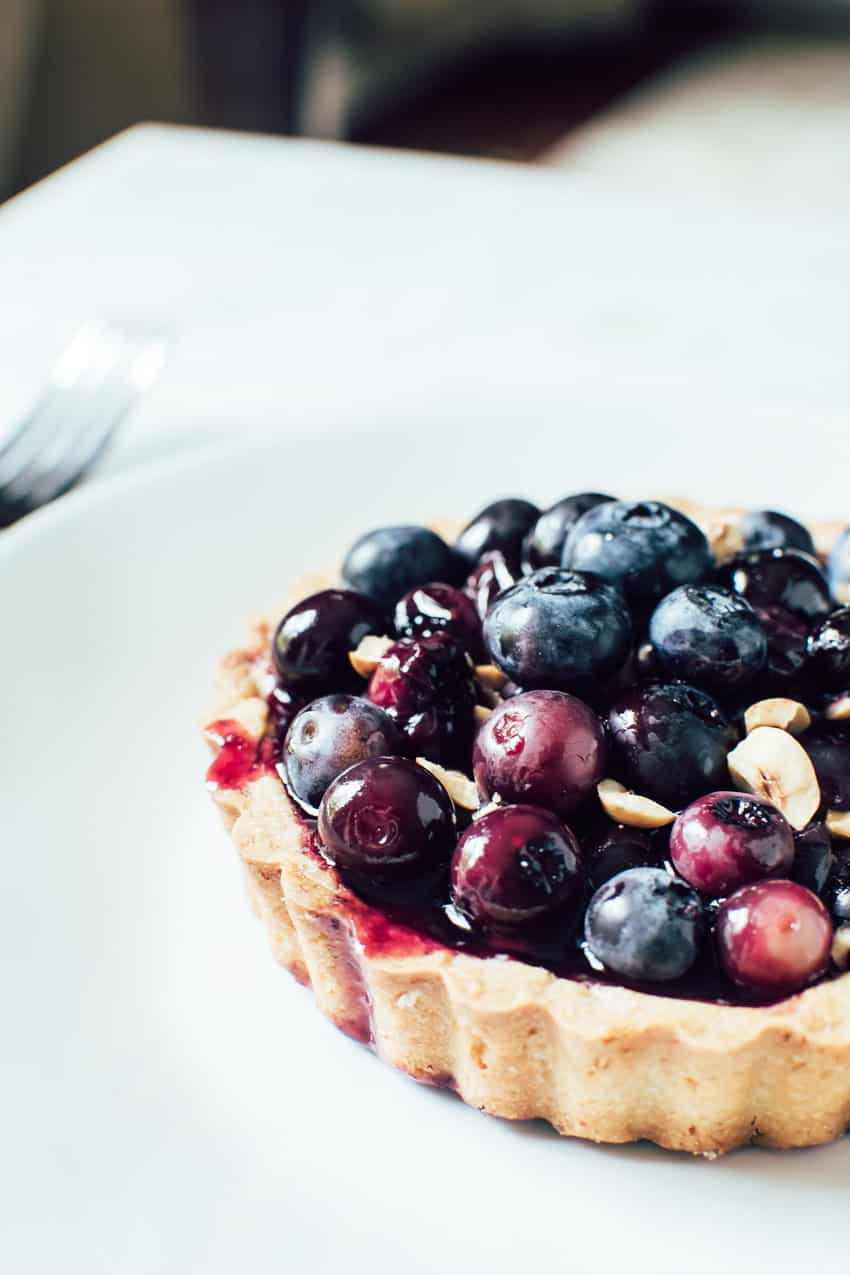

 Isn’t it amusing when a word changes its meaning when used in a different country or culture? I can’t help but think of that GEICO spot that’s been running on TV, with kids playing in a backyard pool yelling “Marco!” ,”Polo!”, “Marco!”, “Polo!”; the baffled Italian explorer, with his chest deep in the water and dressed in 13th century clothes, desperately tries to make himself noticed: “Ragazzi, sono io Marco Polo!”. When I first saw it on TV, I was confused just like poor Marco Polo. I was able to get the humor, only after my husband explained the game to me. Now, every time I see it, I crack up!
Isn’t it amusing when a word changes its meaning when used in a different country or culture? I can’t help but think of that GEICO spot that’s been running on TV, with kids playing in a backyard pool yelling “Marco!” ,”Polo!”, “Marco!”, “Polo!”; the baffled Italian explorer, with his chest deep in the water and dressed in 13th century clothes, desperately tries to make himself noticed: “Ragazzi, sono io Marco Polo!”. When I first saw it on TV, I was confused just like poor Marco Polo. I was able to get the humor, only after my husband explained the game to me. Now, every time I see it, I crack up!
Just like I was completely oblivious of the fact that the name of an Italian explorer was used for a game here in the States, I had no idea the Italian generic word “biscotti” was used abroad to indicate what in Italy we call Cantucci, a specific kind of cookie. In Italian, the word “biscotti” simply means “cookies”, i.e.: the general category of baked goods. Funny, right? Basically, the way English-speaking people use the word “biscotti” seems to be an unintended synecdoche for Italians. (Grammar geeks, correct me if I’m wrong). “Biscotti” also means “cooked twice” and refers to a baking technique that involves a “double-baking process” that yields crunchy and long-lasting baked goods….
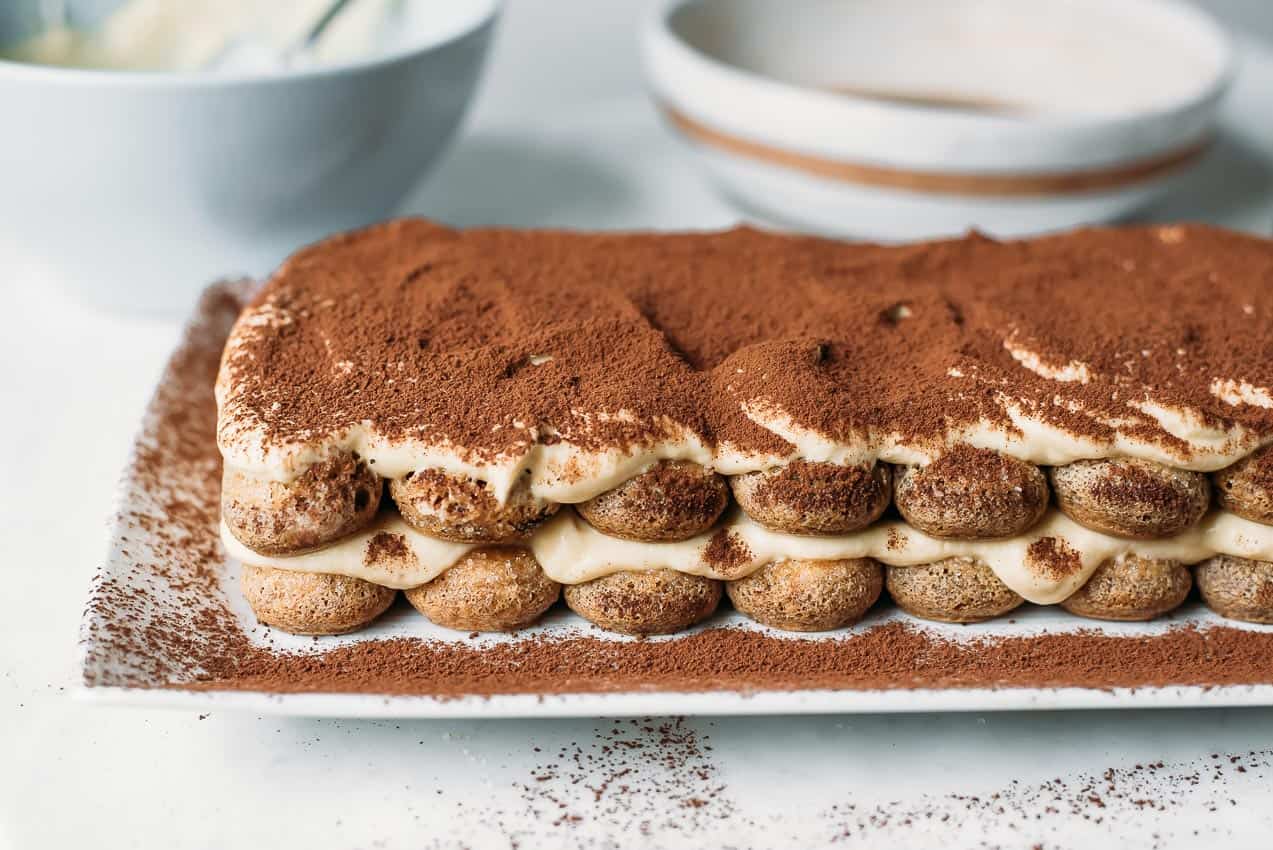
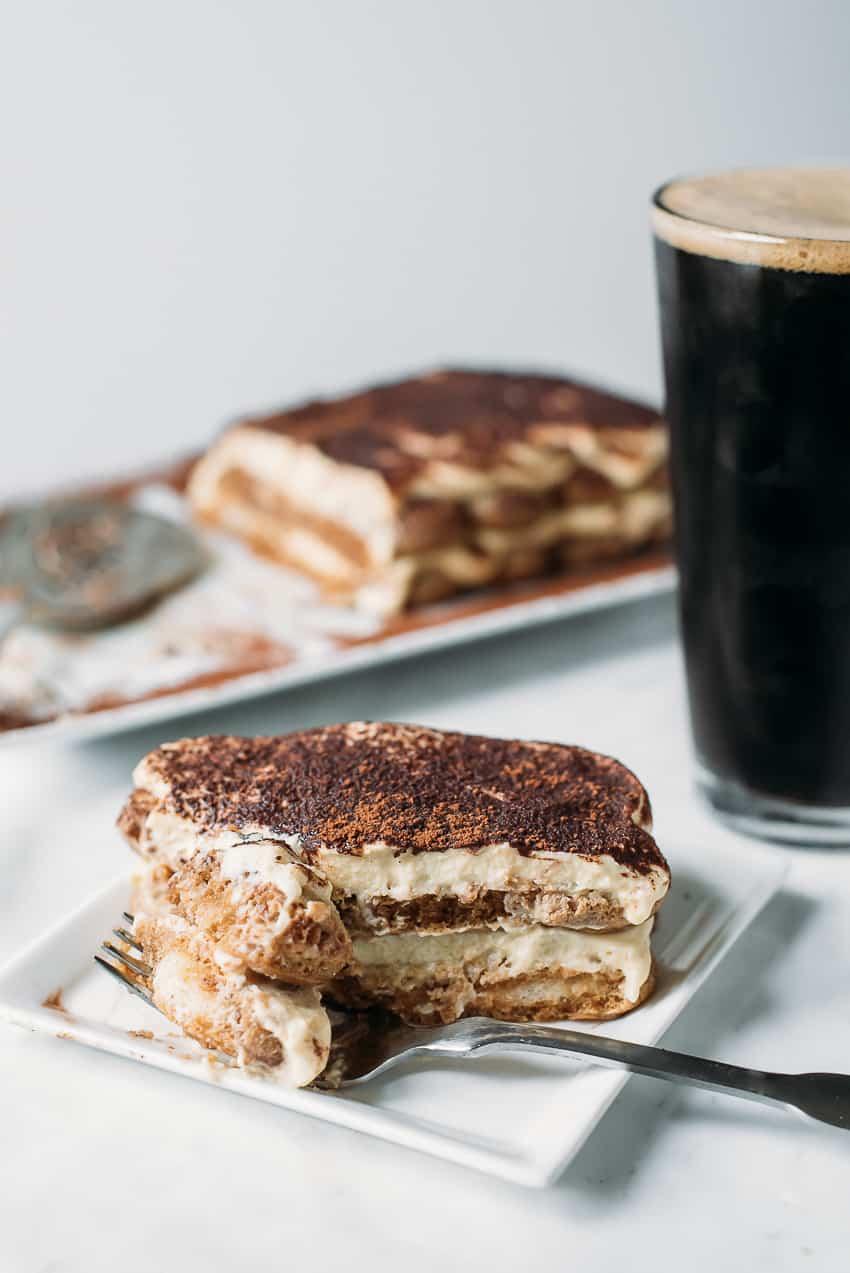 As my little Italian tribute to Oktoberfest, I managed to put some fine dark beer in the most iconic of all Italian desserts: tiramisu’!
As my little Italian tribute to Oktoberfest, I managed to put some fine dark beer in the most iconic of all Italian desserts: tiramisu’!
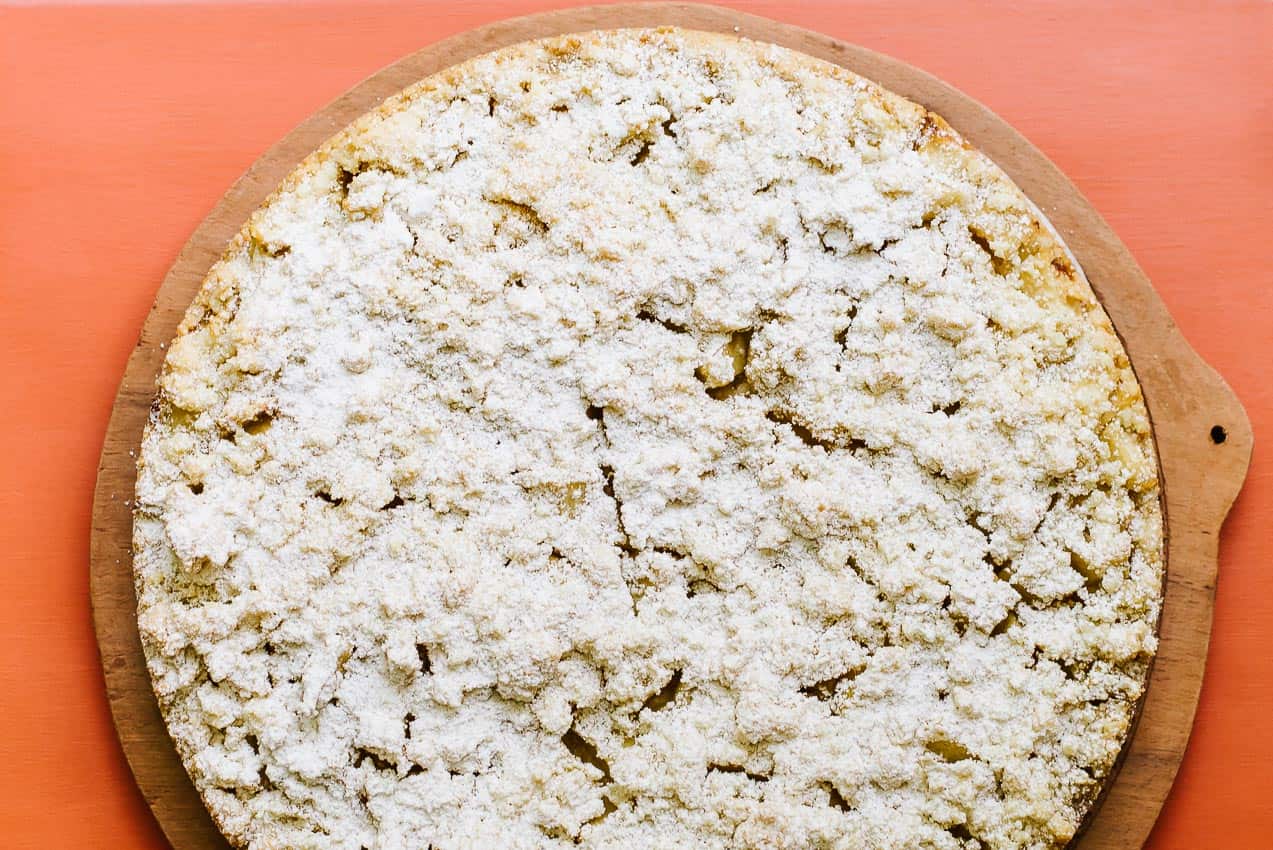
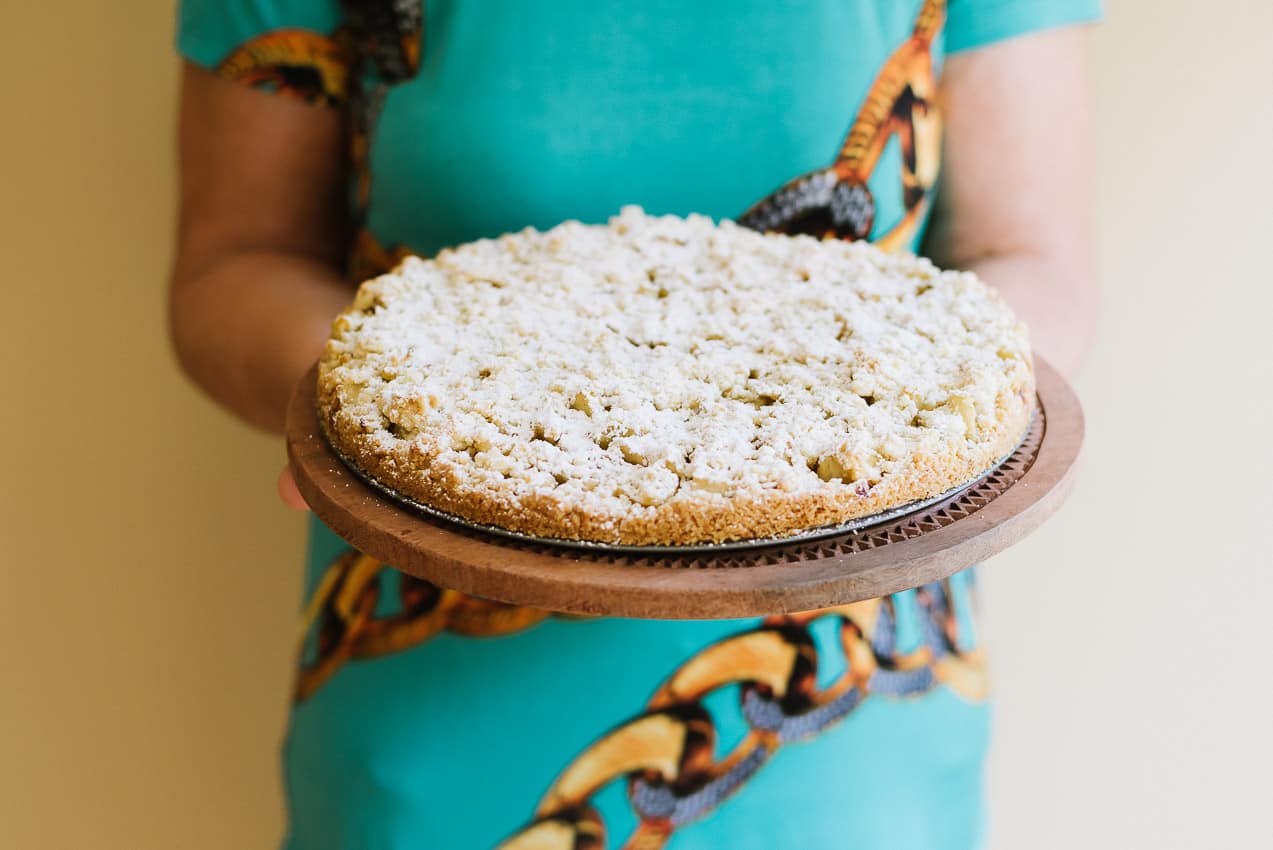
 Gnocchi for dessert? It’s totally possible.
Gnocchi for dessert? It’s totally possible.



